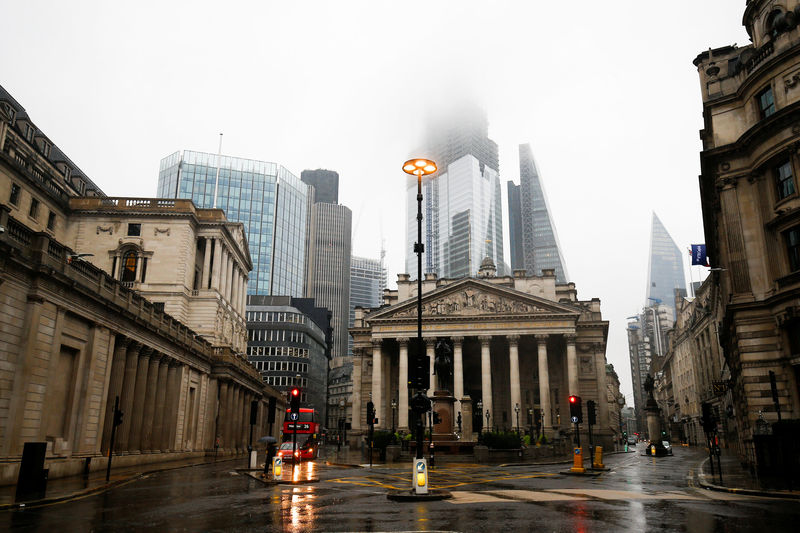By Geoffrey Smith
Investing.com -- The rally in U.K. government bonds ran out of steam on Tuesday after the Financial Times reported that the Bank of England will again delay its plans to sell some of its portfolio of bonds back into the market.
The FT reported that the Bank considers the Gilt market to be "very distressed" after the volatility of the last three weeks, despite an explosive rally in the last two trading days since the new government abandoned its plans for massive and unfunded tax cuts. As such, it wants to put off what is likely to be a major test of market resilience until nerves have calmed further.
The Bank had originally intended to start selling bonds back into the market two weeks ago, broadening its strategy of tightening financial conditions with higher interest rates.
However, it had been blown off course by the storm that hit the market after the government's 'mini-budget', an attempt to juice economic growth with the biggest tax cuts in 50 years.
The Bank currently holds some 838 billion pounds ($949 billion) of bonds - overwhelmingly Gilts - after years of 'quantitative easing' during the pandemic and in the aftermath of the Great Financial Crisis. It had said in the summer that it wanted to reduce that by around £80 billion over the next year, split evenly between active sales and the natural "rolling off" of bonds as they mature.
By 03:55 ET (07:55 GMT), the yield on the benchmark 10-Year Gilt was up 4 basis points at 4.01%, having fallen some 40 basis points on Monday as Jeremy Hunt, who replaced Kwasi Kwarteng as Chancellor of the Exchequer on Friday, scrapped almost all of Kwarteng's proposed tax measures and warned of further "difficult decisions" ahead on public spending.
The 30-Year yield was up 2 basis points at 4.39%, while the 2-Year yield, which more closely tracks expectations of official short-term rates, was flat at 3.56%.
The pound was also flat against the dollar, at $1.1351, after hitting its highest in a week on Monday, while it was down 0.2% against the euro.
